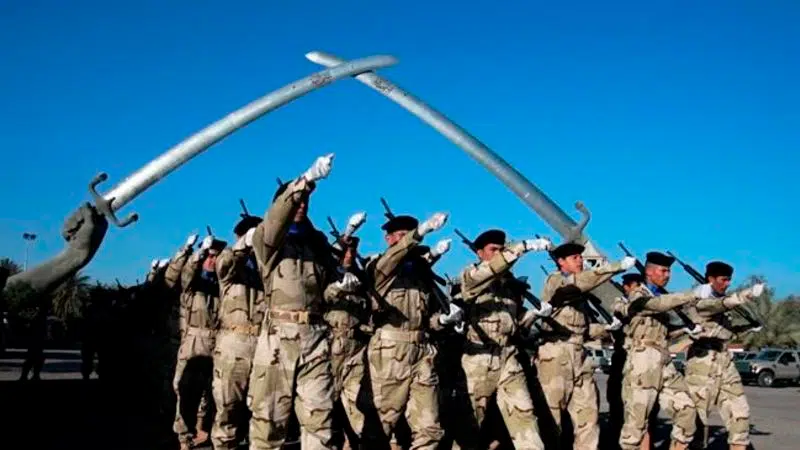
Male-dominated Iraqi military getting used to female soldiers: Canadian general
OTTAWA — Iraq’s male-dominated military may slowly be getting used to dealing with high-level female counterparts, suggests the recently departed male commander of Canadian Armed Forces trainers in that country.
Maj.-Gen. Dany Fortin said that bodes well for his successor, Maj.-Gen. Jennie Carignan, who assumed command last week of the NATO training mission in Iraq, a country whose military and political power is held squarely in the fist of men.
Carignan is a decorated combat veteran who served Canada in Afghanistan during some of the fiercest fighting between Western forces and a resurgent Taliban and al-Qaida. She replaces Fortin, who served for 13 months.
“We continue to have women in that mission in different key positions — advisers and trainers,” Fortin said Tuesday.


